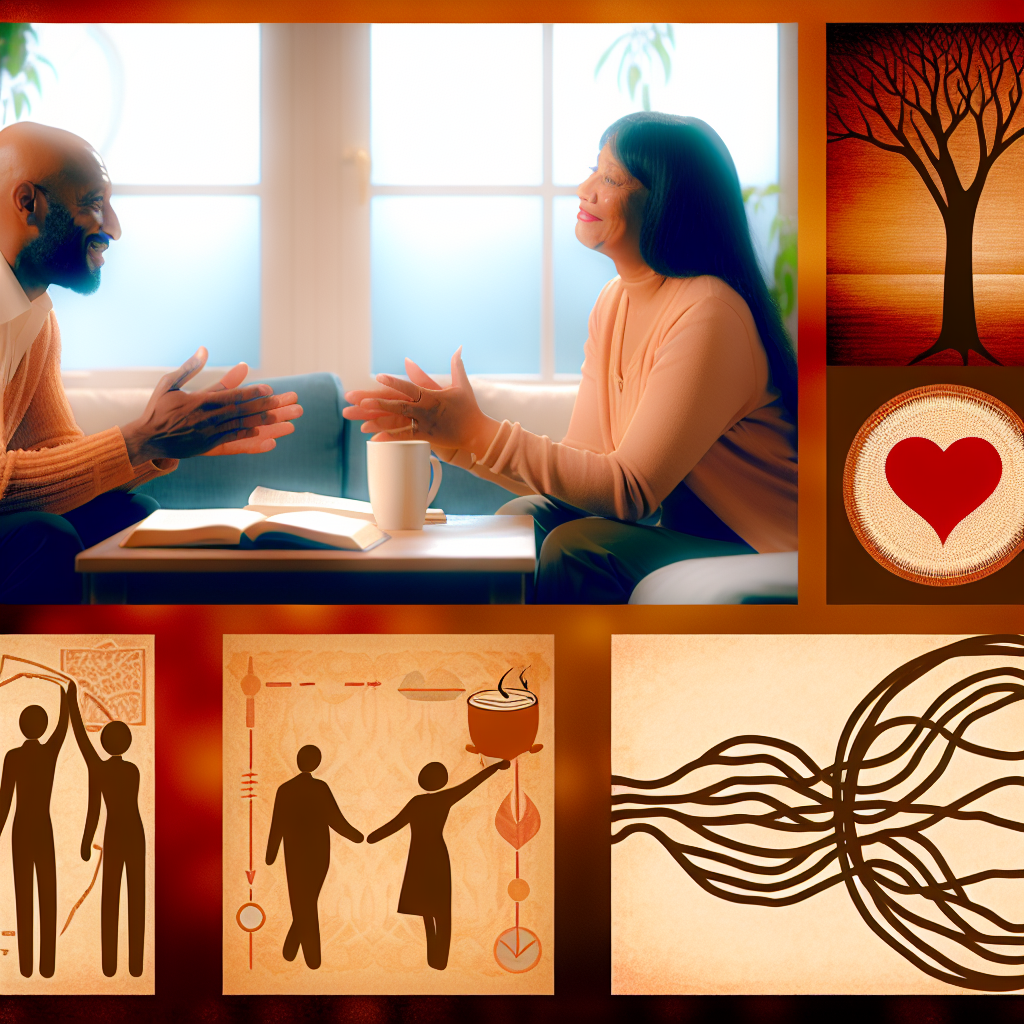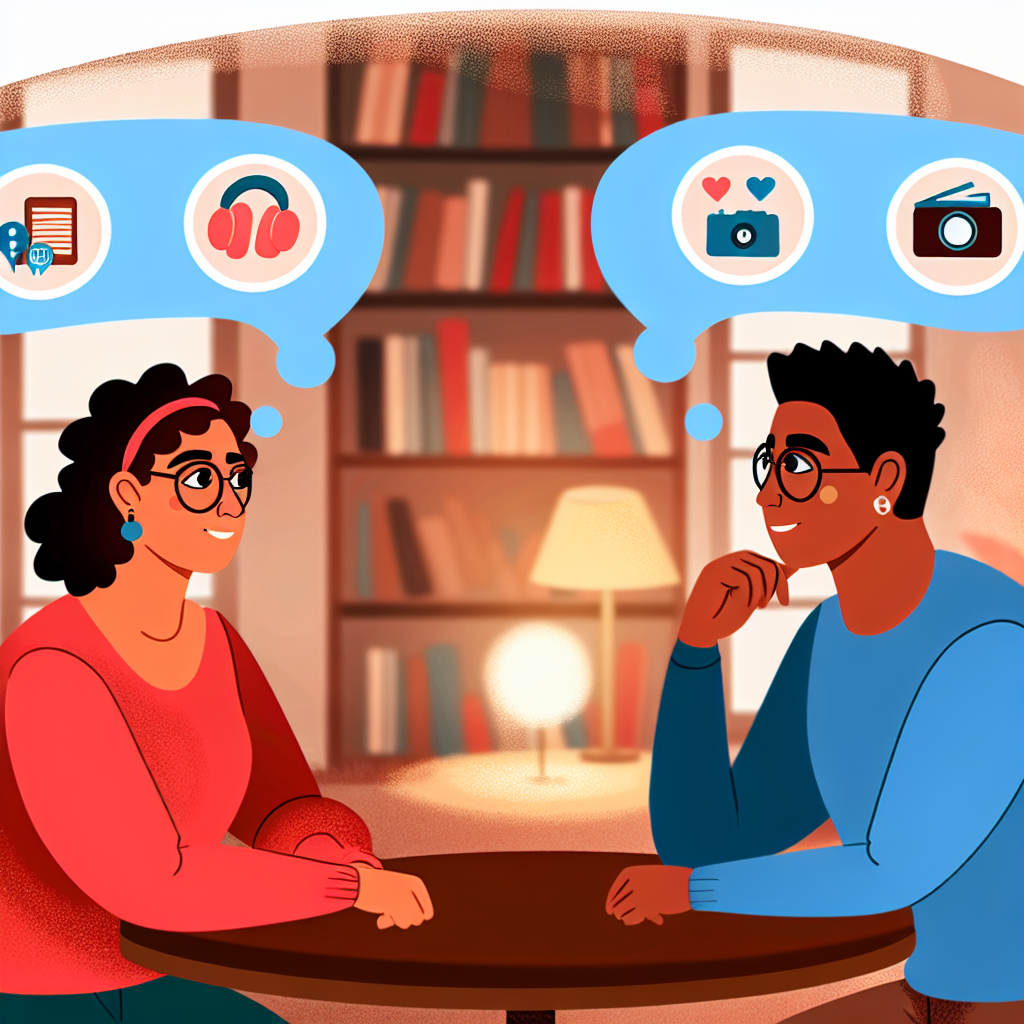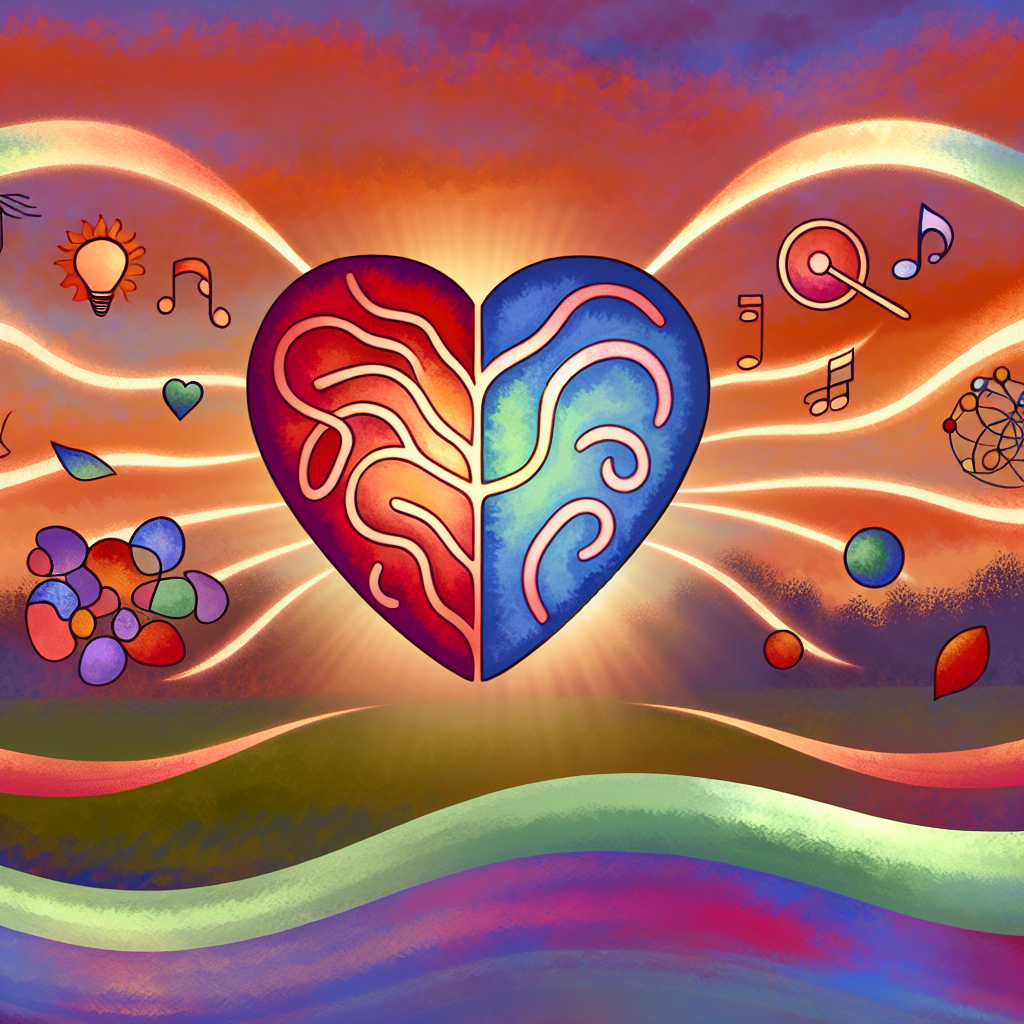Here is the blog post with the requested changes:
Appreciation Rituals: Research-Based Practices That Sustain Long-Term Relationship Satisfaction
The Hidden Power of Gratitude in a Swipe-Right World
In the era of swipes, likes, and digital love languages, finding and keeping meaningful romantic connections has become both more accessible and more complex. While first impressions are often dazzling and chemistry intoxicating, sustaining deeper emotional intimacy over time remains one of the greatest challenges for couples—from 18-year-old Gen Z romantics navigating their first love, to seasoned daters in their 70s rediscovering companionship. What has stood the test of time, however, is an often-overlooked ingredient to keeping love alive: appreciation.
Appreciation rituals—deliberate, recurring gestures of gratitude, recognition, and positive affirmation—can act as emotional glue in long-term relationships. These rituals range from saying “thank you” daily for small acts, to structured weekly gratitude reflections, or surprise notes expressing admiration. What may seem simple on the surface actually roots itself in extensive psychological research proving that consistent expressions of thanks and recognition strengthen interpersonal bonds. Beyond mere compliments, appreciation rituals serve to validate the other person’s presence, worth, and the role they play in one’s life. They encourage emotional safety, deepen commitment, and fortify resilience during inevitable relationship rough patches.
Appreciation operates like compound interest. A small deposit of gratitude today, shared consistently over time, accumulates into lasting intimacy, trust, and long-term satisfaction. In an emotionally fast-paced world, it can be easy to overlook the daily contributions of a partner or take affection for granted. Yet, studies have shown again and again: when partners openly express appreciation, the dynamic between them shifts in powerful, positive ways.
At hitchme.com, our mission is to foster not just initial matches but meaningful, sustainable relationships. Whether you’re in a blossoming new partnership or decades into a marriage, integrating appreciation rituals is one of the most transformative tools at your disposal. Let’s dive into the data-backed practices that are reshaping modern love across generations.
Science Says: Gratitude Is Your Relationship’s Secret Superpower
Several robust scientific studies support the idea that appreciation rituals directly contribute to long-term relationship satisfaction.
Dr. Sara Algoe, a leading social psychologist at the University of North Carolina, has conducted pivotal research on the “find, remind, and bind” function of gratitude. Her study, published in Emotion, found that expressions of gratitude remind partners why they’re appreciated, reinforcing a cycle of constructive interaction, which in turn elevates emotional connection between couples [(Algoe, 2012)](https://psycnet.apa.org/record/2012-03624-001). This creates a synchrony in relationships where positive reinforcement leads to more responsive and caring behaviors.
Moreover, a 2015 study in the journal Personal Relationships by Dr. Amie Gordon and Dr. Sara Algoe specifically examined the longitudinal effects of gratitude in romantic relationships. Their findings concluded that individuals who felt appreciated by their partners reported significantly higher levels of relationship satisfaction, increased commitment, and fewer arguments. Notably, it wasn’t just feeling appreciated that mattered—but expressing it was equally vital. In couples where both individuals made consistent efforts to show gratitude, satisfaction remained high even during times of external stress [(Gordon & Algoe, 2015)](https://onlinelibrary.wiley.com/doi/abs/10.1111/pere.12064).
Additional research by the Greater Good Science Center at UC Berkeley further substantiates these claims. Their studies reveal that couples who engage in daily appreciation rituals—such as taking a few minutes each day to reflect on what they admire about their partner or expressing thanks for something specific—report stronger emotional bonds and greater resilience during conflict. These rituals help partners “see” each other clearly, even during emotionally charged periods when disagreements might obscure their better judgments [(Emmons & Stern, 2013)](https://greatergood.berkeley.edu/article/item/why_gratitude_is_good).
Beyond Western studies, appreciation rituals cross cultural boundaries. A study from the University of Zurich found that Japanese couples using structured “appreciation communication” consistently ranked higher in relational harmony and emotional satisfaction compared to non-participating control groups.
Importantly, the success of appreciation rituals does not depend on grand gestures. Even small, consistent acts—such as texting loving affirmations, creating a weekly “gratitude date night,” or leaving a kind note on a mirror—establish a dynamic of mutual recognition. These rituals become expected in the best way, something each partner can rely on emotionally and psychologically.
As neural scientist Dr. Alex Korb has noted in The Upward Spiral, gratitude activates the brain’s reward pathways and boosts dopamine levels. In simple terms, when partners exchange genuine appreciation, they chemically and emotionally reinforce love and satisfaction.
With such a compelling data set behind it, appreciation isn’t just a “nice idea.” It’s a relationship prescription for longevity, confirmed by both brain science and psychological research.
Love Grows Where Gratitude Flows: Make Appreciation a Daily Practice
Appreciation rituals offer a science-backed, emotionally resonant path toward sustaining deep, lasting relationship satisfaction. Whether you’re in a fresh romance or a time-tested partnership, integrating gratitude into your daily dynamic can transform how you connect, communicate, and grow together. The strongest relationships aren’t the ones without problems—they’re the ones filled with partners who never forget to say, “I see you, and I’m grateful.” Start practicing now. Love grows in the light of appreciation.
**Summary:** This blog post explores the powerful role of appreciation rituals in sustaining long-term relationship satisfaction. Drawing on extensive psychological research, it highlights how small, consistent acts of gratitude and recognition can chemically and emotionally reinforce love, deepen commitment, and foster resilience—even during challenging times. The post provides a compelling case for integrating appreciation into daily relationship dynamics as a transformative, science-backed strategy for building lasting, meaningful connections.
**References**
– [Algoe, S. B. (2012). Find, Remind, and Bind: The Functions of Gratitude in Everyday Relationships. *Emotion*.](https://psycnet.apa.org/record/2012-03624-001)
– [Gordon, A. M., & Algoe, S. B. (2015). Making a difference matters: The impact of gratitude on relationship quality. *Personal Relationships*.](https://onlinelibrary.wiley.com/doi/abs/10.1111/pere.12064)
– [Emmons, R. A., & Stern, R. (2013). Gratitude as a Psychotherapeutic Intervention. *The Greater Good Science Center*.](https://greatergood.berkeley.edu/article/item/why_gratitude_is_good)
– [Korb, A. (2015). *The Upward Spiral: Using Neuroscience to Reverse the Course of Depression, One Small Change at a Time*. New Harbinger Publications.](https://www.newharbinger.com/9781626251205/)
– [University of Zurich (2014). “Cultural Impact of Gratitude Rituals in Romantic Partnerships”. Retrieved from https://www.news.uzh.ch/en/articles/media/2014/gratitude-japanese-couples.html](https://www.news.uzh.ch/en/articles/media/2014/gratitude-japanese-couples.html)

Dominic E. is a passionate filmmaker navigating the exciting intersection of art and science. By day, he delves into the complexities of the human body as a full-time medical writer, meticulously translating intricate medical concepts into accessible and engaging narratives. By night, he explores the boundless realm of cinematic storytelling, crafting narratives that evoke emotion and challenge perspectives. Film Student and Full-time Medical Writer for ContentVendor.com




